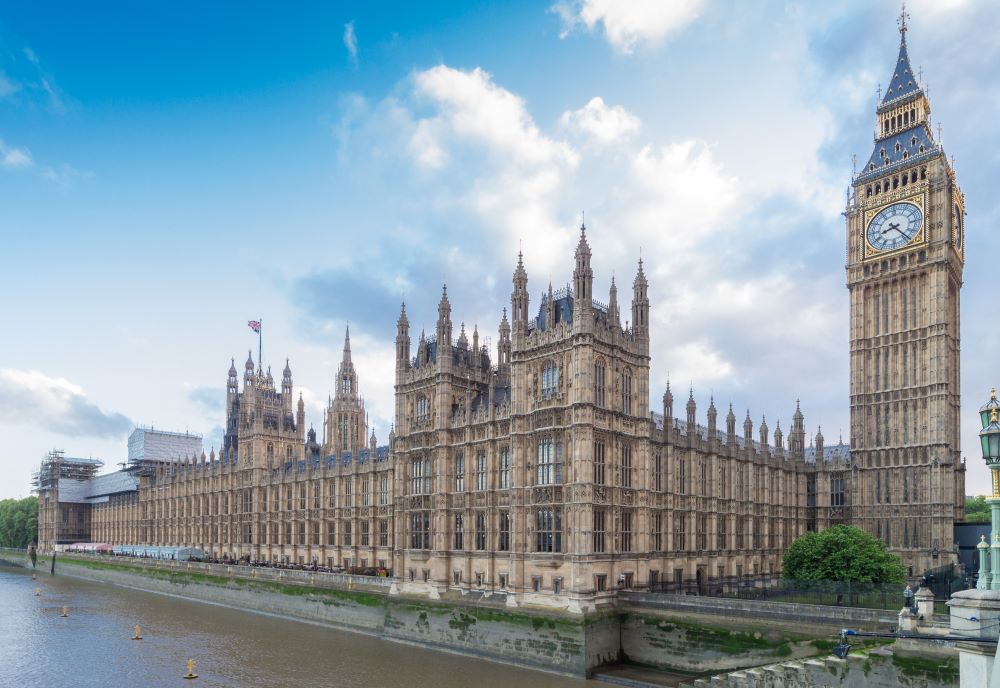
Chancellor Jeremy Hunt’s Autumn Statement looks set to deliver tweaks rather than large-scale changes to the UK’s economic policy – but what implications could it have for trade?
Here, the IOE&IT Daily Update details a few things to keep an eye out for.
Freeport tax breaks
The UK’s freeports currently enjoy a series of tax breaks that are due to expire in April or September 2026, as well as business rate relief, which applies for five years from when a business sets up in a freeport.
Some experts have warned of a “cliff edge” should those tax breaks come to an end in 2026, but the FT reports that one ingredient in the Autumn Statement could be a five-year extension on those measures.
It follows the announcement in March of twelve new ‘investment zones’, similar in structure to freeports but requiring partnership with universities.
The chancellor has confirmed that funding of investment zones will be extended from five years to ten.
CBAM
Another measure Hunt may be set to introduce is a carbon border adjustment mechanism (CBAM) similar to that being implemented by the EU.
Under a CBAM, additional taxes could be placed on imported products that are made using highly polluting processes, partly to safeguard domestic industry from goods produced in countries with less stringent environmental standards.
The Guardian reports that a growing number of Conservative MPs are calling for the measure to be introduced to enable domestic producers cutting emissions in line with UK regulation to compete with polluting foreign rivals.
MPs believe that introducing a UK CBAM would also avoid the imposition of additional costs for UK firms exporting to the EU once the bloc’s CBAM comes into full force.
Investment allowances
In the countdown to Wednesday’s statement, there’s been mixed messaging around tax cuts, as Hunt walks the line between managing expectations in light of inflationary pressures and enticing voters ahead of a possible election next year.
However, as growth remains a key priority and there’s still an estimated £13bn of financial headroom to play with, there are still high expectations of tax giveaways for business, reports the Guardian.
The most likely, according to economists, is an extension of ‘full-expensing’, in which businesses can deduct 100% of their internal investment, in equipment or machinery, from profits.
This tax break was originally set to expire in 2026, with the focus of discussion around whether it will be extended or made permanent.
Tax experts from KPMG expressed doubt about the policy being made permanent, stating this would be a missed opportunity for encouraging investment in the UK.
Further business support
It’s expected that the chancellor will deliver news on the simplification of the current tax relief system for research and development (R&D) schemes, merging the existing Research and Development Expenditure Credit and SME scheme into one.
PwC’s R&D credits partner Rachel Moore welcomed such a move, saying it would help research-intensive industries, such as life science and digital technology. She added:
“Ensuring SMEs are supported will be an important area if the Chancellor seeks to focus the statement on fostering the UK’s business ambitions. This is particularly important in light of a slowing global economy and inflationary pressures.”
After last year’s statement saw a freeze to the business rate multiplier, which Hunt claimed was the equivalent of a £14bn tax cut for businesses, a coalition of retail organisations have called on the chancellor to extend these benefits, the Times reports.
In a statement from leading industry representatives including the British Retail Consortium, UKHospitality and British Independent Retail Association have called any increase in rate rises “disastrous”, with the potential for “business failures, job losses and boarded up properties in our high streets”.



